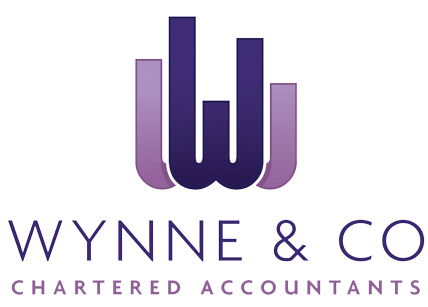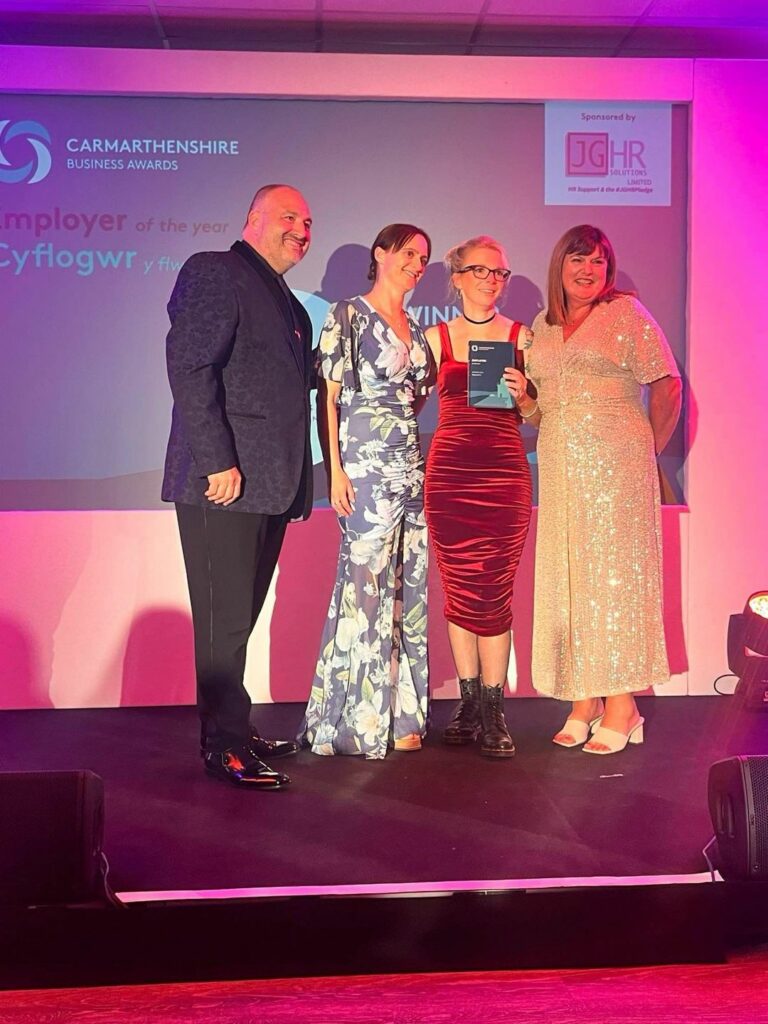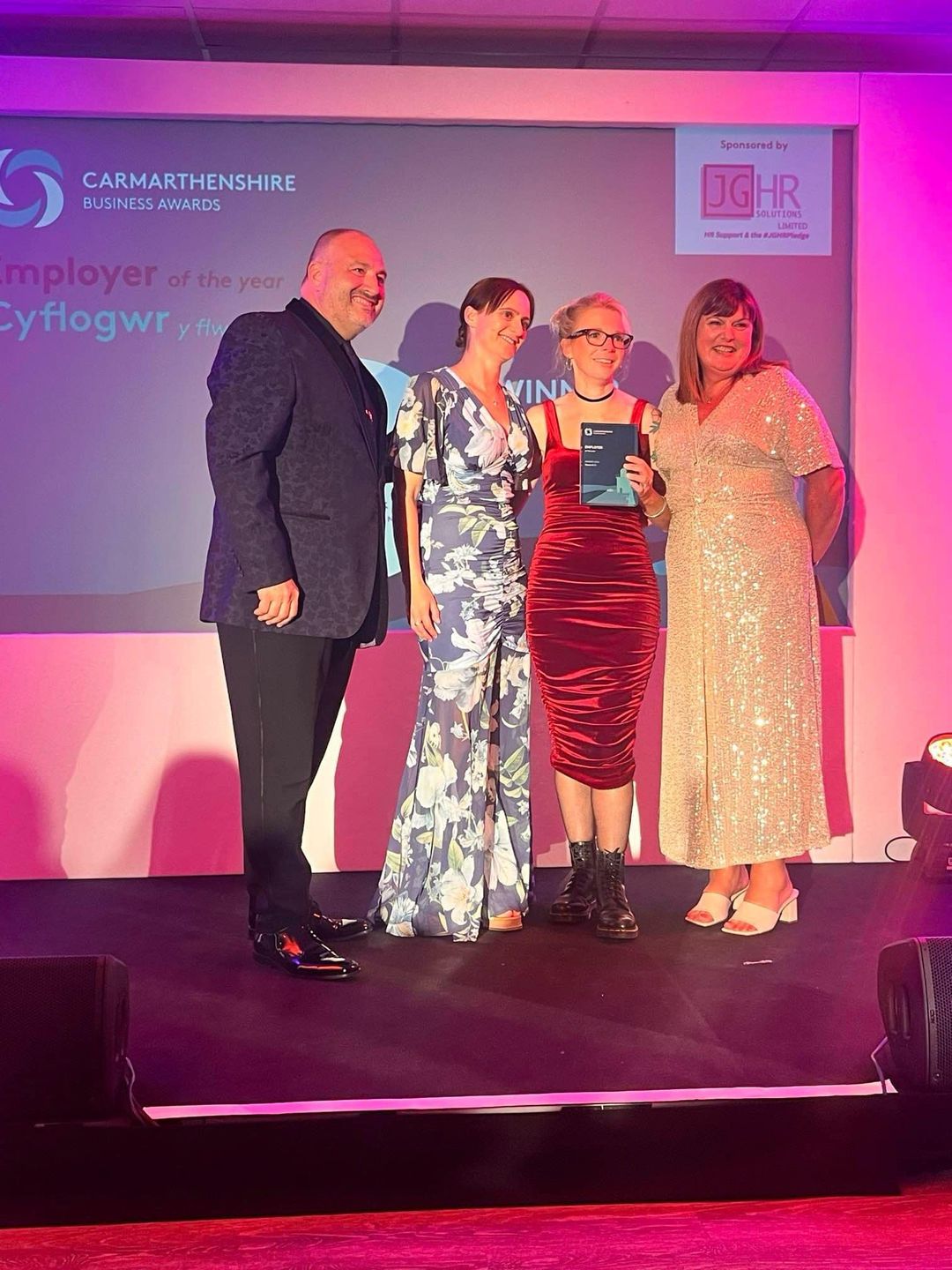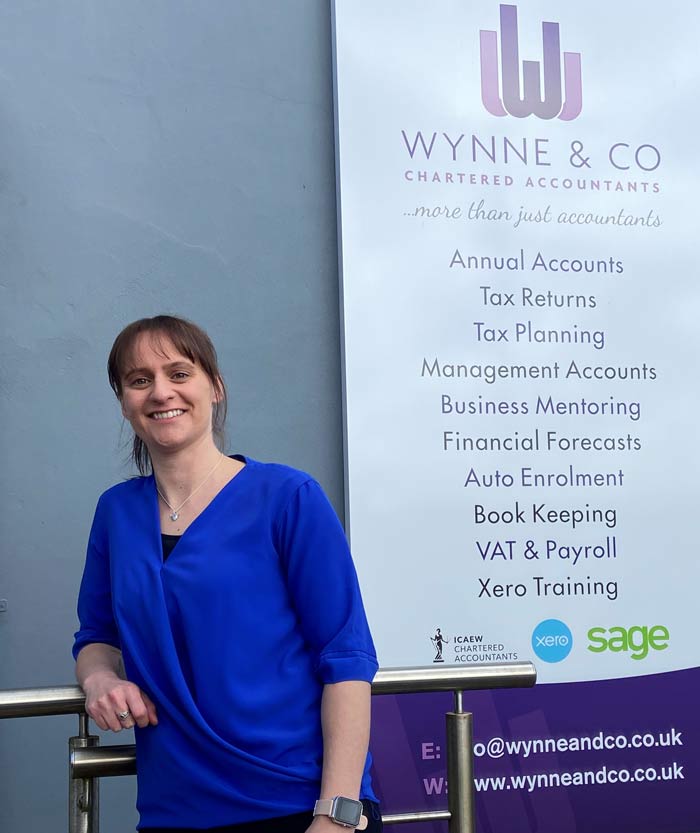Personal Tax
Tax bands and rates – no changes
The basic rate of tax is 20%. For 2025/26 the band of income taxable at this rate is £37,700 so that the threshold at which the 40% rate applies is £50,270 for those who are entitled to the full personal allowance.
The basic rate band is frozen at £37,700 until April 2028. The NICs Upper Earnings Limit and Upper Profits Limit will remain aligned to the higher rate threshold at £50,270 for these tax years as well. The government has suggested that, from April 2028, these limits will then be uprated in line with inflation.
For 2025/26 the point at which individuals pay the additional rate of 45% is £125,140.
The additional rate for non-savings and non-dividend income will apply to taxpayers in England, Wales and Northern Ireland. The additional rate for savings and dividend income will apply to the whole of the UK.
Welsh residents
Since April 2019 the Welsh Government has had the right to vary the rates of income tax payable by Welsh taxpayers (other than tax on savings and dividend income). For 2024/25 the tax payable by Welsh taxpayers is the same as that payable by English and Northern Irish taxpayers. The Welsh rates for 2025/26 will be announced in the Welsh Budget on 10 December 2024.
The personal allowance – £12,570 remains fixed until April 2028
Tax on dividends
Currently, the first £500 of dividends is chargeable to tax at 0% (the Dividend Allowance). This £500 is retained for 2025/26.
Pension tax limits
For 2025/26:
- The Annual Allowance (AA) is £60,000.
- Individuals who have ‘threshold income’ for a tax year of greater than £200,000 have their AA for that tax year restricted. It is reduced by £1 for every £2 of ‘adjusted income’ over £260,000, to a minimum AA of £10,000.
- The Lump Sum Allowance, which relates to the general maximum that may be able to be taken as a tax-free lump sum, is £268,275.
- The Lump Sum and Death Benefit Allowance, which relates to the general maximum that may be able to be taken as a tax-free lump sum in certain circumstances, is £1,073,100.
Individual Savings Accounts
For 2025/26, the limits are as follows:
- Individual Savings Accounts (ISAs) £20,000
- Junior ISAs £9,000
- Lifetime ISAs £4,000 (excluding government bonus) and
- Child Trust Funds £9,000.
High Income Child Benefit Charge
The High Income Child Benefit Charge (HICBC) is a tax charge that applies to higher earners who receive Child Benefit or whose partner receives it.
For 2025/26, the income threshold at which HICBC starts to be charged is £60,000.
Employment
National Insurance contributions
Employees and NICs
From 6 April 2024 the main rate of Class 1 employee NICs is 8%. The employer rate is 13.8%.
The government announced that it will increase the employer rate from 13.8% to 15% from 6 April 2025.
The Secondary Threshold is the point at which employers become liable to pay NICs on an individual employee’s earnings, and is currently set at £9,100 a year. The government will reduce the Secondary Threshold to £5,000 a year from 6 April 2025 until 6 April 2028, and then increase it by Consumer Price Index (CPI) thereafter.
The Employment Allowance currently allows businesses with employer NICs bills of £100,000 or less in the previous tax year to deduct £5,000 from their employer NICs bill. From 6 April 2025 the government will increase the Employment Allowance from £5,000 to £10,500, and remove the £100,000 threshold for eligibility, expanding this to all eligible employers with employer NIC bills.
The self-employed and NICs
From 6 April 2024 the rates of Class 4 self-employed NICs are 6% and 2%. These rates remain the same from 6 April 2025.
For Class 2 NICs from 6 April 2024:
- Self-employed people with profits of £6,725 and above get access to contributory benefits, including the State Pension, through a National Insurance credit, without paying Class 2 NICs.
- Those with profits under £6,725 and others who pay Class 2 NICs voluntarily to get access to contributory benefits including the State Pension will continue to be able to do so.
Other changes for 2025/26
The government will increase the Lower Earnings Limit (LEL) and the Small Profits Threshold (SPT) by the September 2024 CPI rate of 1.7% from 2025/26. For those paying voluntarily, the government will also increase Class 2 and Class 3 NICs by 1.7% in 2025/26.
The LEL will be £6,500 per annum (£125 per week) and the SPT will be £6,845 per annum. The main Class 2 rate will be £3.50 per week and the Class 3 rate will be £17.75 per week.
National Living Wage and National Minimum Wage
The government has announced increased rates of the National Living Wage (NLW) and National Minimum Wage (NMW) which will come into force from 1 April 2025. The rates which will apply are as follows:
| NLW | 18-20 | 16-17 | Apprentices | |
| From 1 April 2025 | £12.21 | £10.00 | £7.55 | £7.55 |
The apprenticeship rate applies to apprentices under 19 or 19 and over in the first year of apprenticeship. The NLW applies to those aged 21 and over.
Taxable benefits for company cars
The rates of tax for company cars are amended for 2025/26:
- The charge for zero emission cars rises from 2% to 3%.
- The charge for other cars increases by 1%.
- The maximum benefit of 37% remains.
The government has confirmed increases to the benefit in kind rates for company cars for tax years up to and including 2029/30.
Car fuel benefit charge
The government will uprate the car fuel benefit charge by CPI from 6 April 2025.
Treatment of double cab pick-up vehicles
The government will treat double cab pick-up vehicles (DCPUs) with a payload of one tonne or more as cars for certain tax purposes.
From 1 April 2025 for Corporation Tax, and 6 April 2025 for Income Tax, DCPUs will be treated as cars for the purposes of capital allowances, benefits in kind and some deductions from business profits.
The existing capital allowances treatment will apply to those who purchase DCPUs before April 2025. Transitional benefit in kind arrangements will apply for employers that have purchased, leased, or ordered a DCPU before 6 April 2025. They will be able to use the previous treatment, until the earlier of disposal, lease expiry, or 5 April 2029.
Company vans
The government will uprate the Van Benefit Charge and the Van Fuel Benefit Charges by CPI from 6 April 2025.
Business
Corporation Tax rates
The government has confirmed that the rates of Corporation Tax will remain unchanged, which means that, from April 2025, the rate will stay at 25% for companies with profits over £250,000. The 19% small profits rate will be payable by companies with profits of £50,000 or less. Companies with profits between £50,001 and £250,000 will pay tax at the main rate reduced by a marginal relief, providing a gradual increase in the effective Corporation Tax rate.
Comment |
| The government has committed to capping the main rate of Corporation Tax at 25% for the duration of the Parliament. This is currently the lowest in the G7. |
The Annual Investment Allowance is available to both incorporated and unincorporated businesses. It gives a 100% write-off on certain types of plant and machinery up to certain financial limits per 12-month period. The limit remains at £1 million.
The 100% First Year Allowances (FYA) for qualifying expenditure on zero-emission cars and the 100% FYA for qualifying expenditure on plant or machinery for electric vehicle chargepoints have been extended to 31 March 2026 for corporation tax purposes and 5 April 2026 for income tax purposes.
Furnished Holiday Lettings
The Furnished Holiday Lettings (FHL) tax regime will be abolished from April 2025. The effect of abolishing the rules will be that FHL properties will form part of the person’s UK or overseas property business and be subject to the same rules as non-furnished holiday let property businesses. This will apply to individuals, corporates and trusts who operate or sell FHL accommodation.
Business rates – England only
For 2025/26, eligible retail, hospitality and leisure (RHL) properties in England will receive 40% relief on their business rates liability. RHL properties will be eligible to receive support up to a cash cap of £110,000 per business.
For 2025/26, the small business multiplier in England will be frozen at 49.9p. The standard multiplier will be increased to 55.5p.
Capital Taxes
Capital Gains Tax
Capital Gains Tax rates
The Capital Gains Tax rates will increase for disposals, other than of residential property and carried interest, made on or after 30 October 2024. The basic rate of 10% will increase to 18% and the 20% rate will increase to 24%.
No changes will be made to the rates applying to the disposal of residential properties of 18% and 24%.
The rate applying to trustees and personal representatives will increase from 20% to 24% from the same date.
Comment |
| The changes in the main rates of Capital Gains Tax brings them in line with those paid on disposal of residential property. This means that there will be no need going forward to differentiate between the types of property being disposed of. |
Capital Gains Tax annual exemption
The annual exempt amount will remain at £3,000 for 2025/26.
Business Asset Disposal Relief and Investors’ Relief
The rate applying for individuals claiming Business Asset Disposal Relief and Investors’ Relief will increase from 10% to 14% for disposals made on or after 6 April 2025. The rate will increase again to 18% for disposals made on or after 6 April 2026.
In addition, the lifetime limit for Investors’ Relief will be reduced from £10 million to £1 million for qualifying disposals made on or after 30 October 2024. This limit takes into account any prior qualifying gains where the relief was claimed.
Reducing tax-free overseas transfers of tax relieved UK pensions
The Overseas Transfer Charge (OTC) is a 25% tax charge on transfers to Qualifying Recognised Overseas Pension Schemes (QROPS), unless an exclusion from the charge applies. Transfers to QROPS established in the EEA and Gibraltar were included within the exclusion but this exclusion will no longer apply for such transfers made on or after 30 October 2024.
Inheritance Tax
Inheritance Tax nil rate bands
The nil rate band has been frozen at £325,000 since 2009 and this will continue to be frozen up to 5 April 2030. An additional nil rate band, called the ‘residence nil rate band’ is also frozen at the current £175,000 level, as is the residence nil rate band taper starting at £2 million. These are also frozen until 5 April 2030.
Unused pension funds and death benefits
The government will bring unused pension funds and death benefits payable from a pension into a person’s estate for inheritance tax purposes from 6 April 2027.
Agricultural Property Relief & Business Property Relief
From 6 April 2026, agricultural and business property will continue to benefit from the 100% Inheritance Tax relief up to a limit of £1 million. The limit is a combined limit for both agricultural and business property. Property in excess of the limit will benefit from a 50% relief, as will, in all circumstances, quoted shares designated as ‘not listed’ on the markets of recognised stock exchanges, such as AIM.
Extension of Agricultural Property Relief to environmental land management
From 6 April 2025, the existing scope of Agricultural Property Relief will be extended to land managed under an environmental agreement with, or on behalf of, the UK government, devolved governments, public bodies, local authorities, or approved responsible bodies.
Other Matters
The VAT registration threshold
From 1 April 2025 the VAT registration threshold remains at £90,000 and the deregistration threshold at £88,000.
Stamp Duty Land Tax changes – England only
Individuals who purchase additional residential properties, such as second homes or buy-to-let properties, in England and Northern Ireland, generally pay Stamp Duty Land Tax (SDLT) at 3% above the standard SDLT rates. This rate is increased to 5% for transactions with an effective date (usually the date of completion) on or after 31 October 2024.
Similar changes are made for companies and other non-natural persons purchasing residential property in England and Northern Ireland.
In addition, there is also an increase in the single rate of SDLT payable by companies and other non-natural persons when purchasing residential properties worth more than £500,000, from 15% to 17%, from the same date.
Making Tax Digital for Income Tax Self Assessment
The government is committed to delivering Making Tax Digital for Income Tax Self Assessment, which is supposed to start in April 2026. The government will expand the rollout of the programme to those with incomes over £20,000 by the end of this Parliament and will set out the precise timing for this at a future fiscal event.
Other changes
HMRC has announced it will be increasing the late payment interest rate charged on unpaid tax liabilities by 1.5%.










